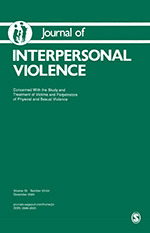Child sexual abuse (CSA) is a public health problem of considerable magnitude. The prevailing primary prevention strategies are universal, school-based CSA prevention programs, some of which have been designated as evidence-based, such as Safe Touches. However, to reach their public health impact potential, effective universal school-based CSA prevention programs require effective and efficient dissemination and implementation strategies. The purpose of this study was to demonstrate the reach and effectiveness of a school-based CSA prevention curriculum, Safe Touches, when implemented on a wide scale. Using a longitudinal cohort design, children in second grade classrooms in public elementary schools in five counties received the Safe Touches workshop and completed surveys designed to assess gains in knowledge at four timepoints (one week prior, immediately post-workshop, 6- and 12-months post-workshop). In total, the Safe Touches workshop was delivered in 718 classrooms in 92% of school districts, reaching ~14,235 second graders. Multilevel models revealed that Safe Touches significantly increased CSA-related knowledge, and that these gains were maintained 12-months post-workshop. There were some small but significant time-varying effects among participants in schools with a greater percentage of low income and minority students, but these effects largely disappeared 12-months post workshop. This study demonstrates that a single-session, universal school-based CSA prevention program can effectively increase children’s knowledge when implemented and disseminated on a wide scale and knowledge gains can be retained 12-months post intervention.

